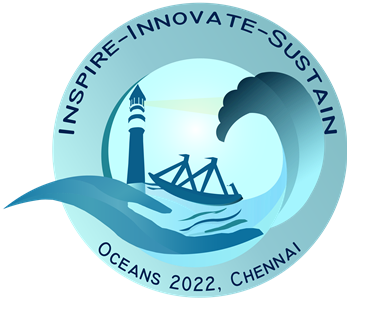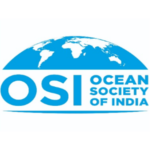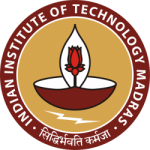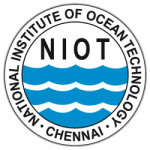Student Hackathon
Hardware Interface and Data Analysis(HIDA) for Unified Earth System Observation
AlM: Participants are invited to come up with new innovative Prototypes or Ideas that will help in efficiently solving one or more problems for the Earth system observation.
Ocean supplies heat and moisture to the atmosphere e.g., Sea Surface Temperature (SST) is one of the important properties that affects and indicates heat and moisture fluxes. There will be two tracks of student hackathon – HIDA.
Problem Statement
TRACK 1: HARDWARE INTERFACE focuses on using hardware to provide the solution to the problem. Robust, flexible all-time 24×7,all weather, and low-cost electronics and software is the main goal to be applied to a variety of science missions for acquiring data and storing for both terrestrial and ocean applications.
- Students should bring their own laptops, single board computer (SBC) capable of interfacing with 6 Analog and 4 digital sensors. The SBCs such as NI-MyRIO, beagle bone series, NVIDIA Jetson series, Raspberry pi, Arduino Mega etc. can be used. Telemetry modules should be brought for demonstration of data transmission.
- Tools and accessories such as multimeter, breadboard, wires, crocodile clips, soldering kit, etc., to be brought by the team.
- Students as a team will be provided problem statement on interfacing sensors, processing of data and development of GUI for the presentation of data.
- Sensors will be provided during the event.
- DC power supply to be brought by the students for powering the sensors and SBC, transmission system for demonstration.
- Students should bring their own mobile hotspots for using internet services.
- Sensors provided by the organising team to be returned.
TRACK 2: DATA ANALYSIS involves using high quality labelled data from prior missions to investigate natural and sensor/platform induced signals. The problem statement will initiate a new thinking process among students to handle different types of the data format used in land and ocean observation and also involve them in producing logical codes to process the data based on the requirement.
- Students are expected to have a prior idea on the processing of different data formats used in oceanographic research.
- Students should have access to a stable internet connection during the event.
Who can attend the event:
UG/ PG students of Engineering colleges as a team (3 – 5 students/ team members)
How to register:
Option 01 – Any one of the team members should be registered for OCEANS 2022 Chennai. No additional entry fee is required.
Option 02 – Rs, 500 or USD 10 to be paid per head as the reduced hackathon registration fee via google pay. For example: Rs. 2,000/- will have to be paid through the Google Pay number provided for a team of 4.
Google pay number: 8056201344
In addition to the above, the team head should register using the hackathon registration form by clicking on the REGISTER NOW button provided at the end of this page.
GENERAL INFO FOR HIDA:
- The team lead should have a valid conference registration ID/ confirmation of google pay transaction. Hackathon reduced registration fee for Indian students is INR 500/- and for foreign students is $10.
- Students team should provide details of team members in the registration form.
- Team size is 3 – 5 members.
- Only one registration per track per team is allowed.
- Related source code developed during the event to be submitted.
- Participating in the Student Hackathon does not register you for the OCEANS 2022 Chennai Conference.
- Only those who register for the conference through the conference website will have access to the conference sessions.
Event Date (Hackathon): February 20, 2022 (Sunday)
Attractive Prizes will be announced
Please write to oceans2022chennai@gmail.com in case of any further queries/ clarifications.
Technical Sponsor
Thank you to our patrons
Important dates
25 June 2021
Abstracts submission opening
31 August 2021
Deadline for tutorial proposals CLOSED
06 15 September 2021
Deadline for abstract submission
30 October 2021
Opening registration
31 October 2021
Acceptance notification
30 November 2021
Student poster acceptance notification
30 December 2021
Final paper upload and registration deadline
10 January 2022
Deadline for early bird registration fee











 Dr. Nikolas Xiros
Dr. Nikolas Xiros Prof. P. Ananthakrishnan
Prof. P. Ananthakrishnan Prof. Francisco Presuel-Moreno
Prof. Francisco Presuel-Moreno Dr. S. B. Pranesh
Dr. S. B. Pranesh Mr. Rahul Bharti
Mr. Rahul Bharti Dr. Pushp Bajaj
Dr. Pushp Bajaj Dr. Anders Tengberg
Dr. Anders Tengberg Dr. Karl von Ellenrieder
Dr. Karl von Ellenrieder Prof. R. Sundaravadivelu
Prof. R. Sundaravadivelu